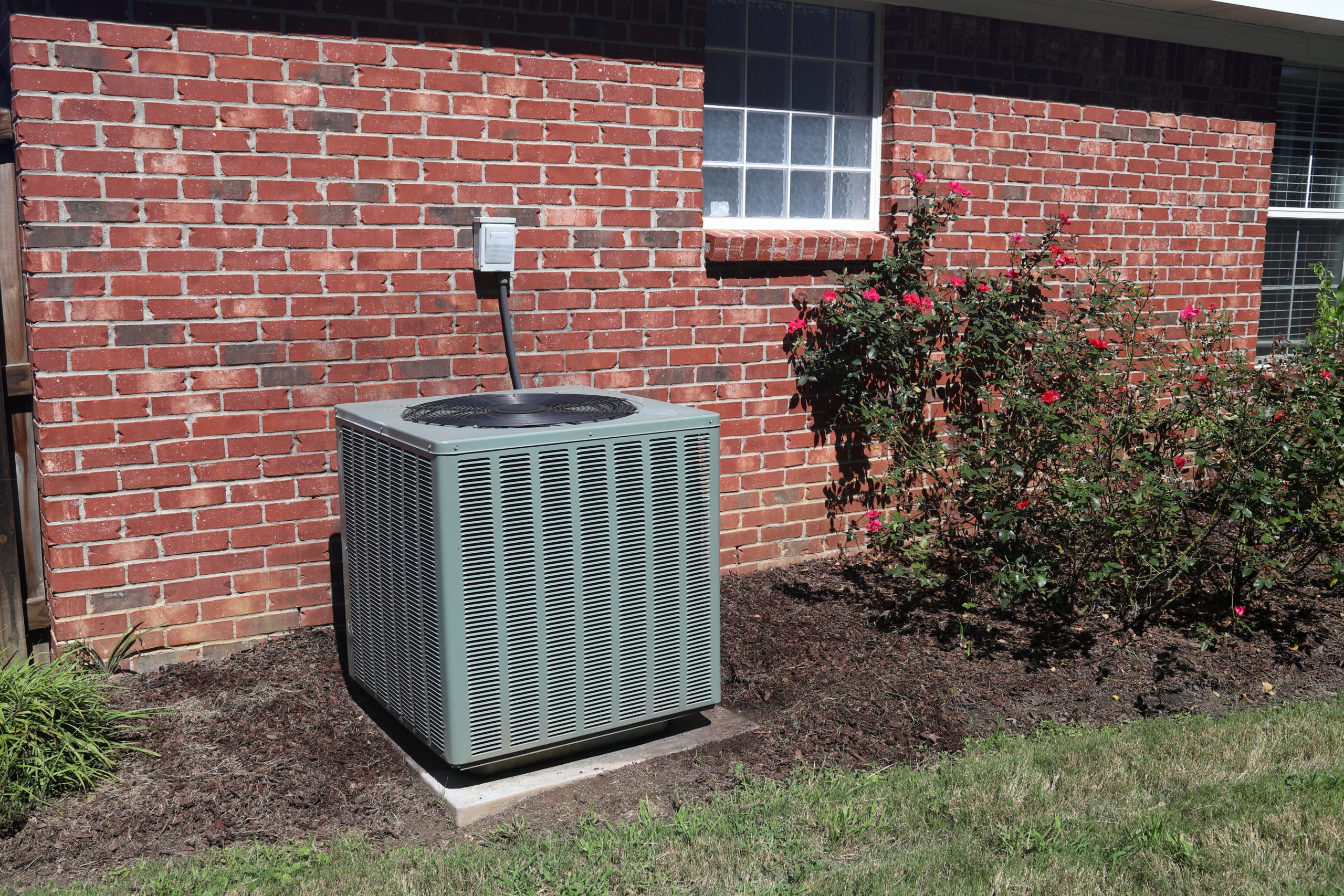
Government officials have warned that gardeners are at higher risk of catching Legionnaires’ disease because Legionella bacteria, which lives in moist organic material, thrives in bags of potting mix and compost. Twenty-three known cases have been reported this year. Legionnaires’ Disease is caused by Legionella bacteria, which grows in moist, organic material. People can catch the disease by inhaling airborne droplets or particles containing the bacteria. To reduce dust, and therefore the likelihood of inhaling contaminated particles, gardeners can spray water onto their soil bags before use. When using soil, gardeners should wear masks, work in a ventilated area, and…



